Brain Donation and Other Types of Donation
Is being an organ donor the same as being a brain donor?
No. Brain donation for research is separate from organ donation for transplantation. You must provide specific consent for brain donation, even if you are a registered organ donor.
It is possible to be both an organ/tissue donor for transplant and a brain donor for research. At the time of death, organ donation (if suitable) will occur first, before brain donation. However, most organ donors are declared brain dead following severe brain injury, which often means the brain is not suitable for research.
If a natural death occurs at home or in a nursing home, organs are not kept alive for transplantation, so the brain can usually be retrieved for research (ideally within 24–48 hours).
Can I donate my brain to the MS Australia Brain Bank and the rest of my body to science?
No. University body donor programs usually require the whole body intact for embalming, so it is not possible to donate both the whole body and the brain for MS research. You may choose to donate your brain to the MS Australia Brain Bank or your entire body to a university anatomy program, but not both.
Eligibility and Registration
How do I register as a Brain Donor?
You must have no known infectious diseases (e.g., Hepatitis B or C, HIV, Creutzfeldt–Jakob disease). To register:
- Complete a Consent Form (obtained online, by calling 1300 672 265, or via the MS Australia Brain Bank brochure).
- Have your nominated Next of Kin co-sign the form where possible.
Who is my Next of Kin?
Your senior available Next of Kin is, in order of priority:
- spouse (including de facto partner)
- adult child
- parent
- sibling
What if my Next of Kin does not give consent?
While it is important for you to give your consent, donation will not proceed without Next of Kin cooperation at the time of death. This is consistent with hospital practice for organ donation.
Can I donate if I have no immediate family?
Yes, if you are able to provide informed consent yourself. You may nominate a friend or distant relative as your contact.
Location and logistics
Can I donate if I live in rural Australia?
Yes, in many cases arrangements can be made for transport to local hospital and retrieval sites, although timing may be a challenge. We cannot currently accept donations from parts of Northern Queensland, Northern Territory, South Australia, or Western Australia.
Is my consent valid if I move interstate?
Yes. The MS Australia Brain Bank is a national program. Please update us with your new address should you move.
Can I donate my brain if I die overseas?
No. We can only accept donations from within Australia. You may wish to register with a brain bank in the country where you will be living.
Do I need to write in my Will that I am a Brain Donor?
No, you do not need to mention that you are a Brain Donor in your Will. The Brain Donor consent form is sufficient for brain donation.
The donation process
Do I need a death certificate for my brain to be donated?
Yes. A medical practitioner must complete a death certificate before the donation can proceed, and the death must not be under coronial investigation.
What happens at a donation?
- The brain (and other consented tissues) is removed by trained staff as soon as possible after death.
- The donor’s funeral arrangements are not affected.
- The MS Australia Brain Bank covers all costs of retrieval and processing.
What happens to my brain after it is removed?
Usually, half is frozen and half is fixed in formalin for diagnostic neuropathology by specialist neuropathologists. Sometimes only whole brain fixation is possible. Lesions are classified, and tissue is stored securely for future research.
Costs, reports and research results
Does it cost me anything?
No. The MS Australia Brain Bank covers all costs related to retrieval, transport, and processing. Funeral costs remain the responsibility of the family.
Will my family be told the results of studies using my tissue?
A final diagnostic neuropathology report can be sent to your nominated doctor (if requested) for discussion. Research findings are usually published in scientific journals and cannot be traced back to individual donors.
Changing or Withdrawing Consent
Can I change my mind?
Yes. You can withdraw consent at any time by contacting the Brain Bank. There are no costs and no need to provide a reason.
Other Questions
Do I need a Justice of the Peace (JP) or solicitor to witness my consent form?
No. A witness is required, but they do not need to be a JP or solicitor.
Does the Brain Bank share information with My Health Record?
No. However, if you have donated your brain, we may access your My Health Record for your medical history (with your consent).
I don’t have MS — can I still donate?
Yes. “Control” brains from people without MS are incredibly valuable for research, as they help scientists make important comparisons.
How can I make a financial donation?
We are grateful for community support. Click here to make a donation.
